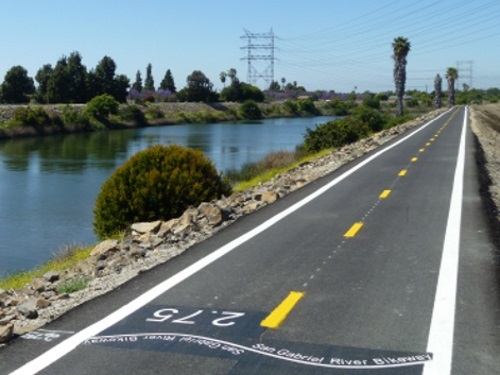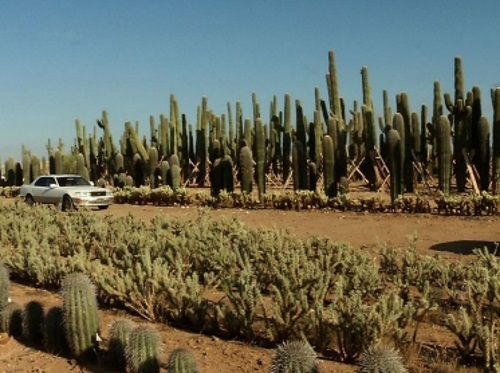FEDERAL ACTION
Biden administration holds EV industry meeting with Musk, Barra – CNBC
Supreme Court Revives Trump-Era Environmental Regulation – New York Times
Building a Better America Fact Sheet for Rural Communities – USDOT (Media release)
COVID-19
21 States Sue To Stop Covid-19 Face Mask Mandates On Airplanes, Public Transit – Forbes
Airlines that dropped mask requirements are now suffering staff shortages due to COVID-19 – CBS News
Ten thousand COVID-19 vaccine doses administered at TTC Clinics – Mass Transit
Washington ferries’ slow return to pre-pandemic service continues – KIRO Radio
INFRASTRUCTURE RESILIENCE AND SUSTAINABILITY
Interview with Joint Office of Energy and Transportation – AASHTO’s ETAP Podcast
Tampa Bay mayors say transportation key to climate change plans – Tampa Bay Times
Flood sensor project will offer city real-time data as storms intensify – Spectrum News NY1
Three months after January snowstorm, VDOT still cleaning up ‘unprecedented amount of debris’ – WAVY-TV
Study: How California can Shift Away from Car-Oriented Development – Planetizen
Experts: Charging Options Key to Electric Vehicle Adoption – Government Technology
AIR QUALITY
New highways headed to Seattle area despite drive to fight climate change – KUOW Radio
Connecticut Truckers Face Bill to Lower Emissions – Transport Topics
New bill restricts PA’s entry into Regional Greenhouse Gas Initiative – KTBS-TV
Free Fare February data shows UTA program’s success – Standard-Examiner
Louisiana Governor, DOTD Discuss Electric Vehicle Infrastructure – Louisiana Governor’s Office (Media release)
100 Groups Demand EPA Set Protective Airplane-Pollution Limits – Center for Biological Diversity (Media release)
ENVIRONMENTAL JUSTICE
Navajo Nation Leader Meets With Federal Administration On Inter-Agency Agreement To Improve Roads – Navajo-Hopi Observer
Michigan wants your suggestions to improve a new online environmental justice mapping tool – Michigan Public Radio
Florida DOT Plans for ‘Transportation Equity’ – Tallahassee Reports
The little-known open-source community behind the government’s new environmental justice tool – Grist
NATURAL RESOURCES
MoDOT encouraging drivers to help clean up litter along roadways – KCTV-TV
Aquatic drone measures water quality throughout river networks with precision and speed – Oak Ridge National Laboratory
“Managed Retreat” Is a Terrible Way to Talk About Responding to Climate Change – Slate
Crews to begin spraying invasive plants – WiscNews
HEALTH AND HUMAN ENVIRONMENT/ACTIVE TRANSPORTATION
Researchers Analyze The Usage Patterns Of Bicycles In Four Large Cities In USA To Make Bicycle Sharing Systems More Efficient – Verve Times
Topeka City Council considering restricting bicycles, skateboards and scooters from NOTO area – KSNT-TV
Newark, DE considering ‘noise cameras’ to crack down on vehicles with loud exhaust systems – Newark Post
Reddy Bikeshare kicks off seventh season with upgraded technology – WKBW-TV
TRB RESOURCES/ANNOUNCEMENTS
Pedestrian Resources to Help Talk the Walk – NCHRP
TRB Webinar – Advancing Subnational Energy Transitions – TRB
Metropolitan Planning Organizations: Strategies for Future Success – NCHRP
A Full Assessment of the Effectiveness of Gulf Restoration Efforts Will Require Improved Analysis and Coordination, New Report Says – National Academies of Sciences, Engineering, and Medicine (Media release)
FEDERAL REGISTER NOTICES
Meeting of the Local Government Advisory Committee’s Small Communities Advisory Subcommittee – EPA (Notification of public meeting)
Proposed Consent Decree, Clean Air Act Citizen Suit – EPA (Notice; request for public comment)
Notice of Competitive Offer and Notice of Segregation for Solar Energy Development on Public Land, Clark County, Nevada – Bureau of Land Management (Notice)
Next Era Energy Resources, LLC, Notice of Availability of a Final Environmental Impact Statement – Rural Utilities Service (Notice)


